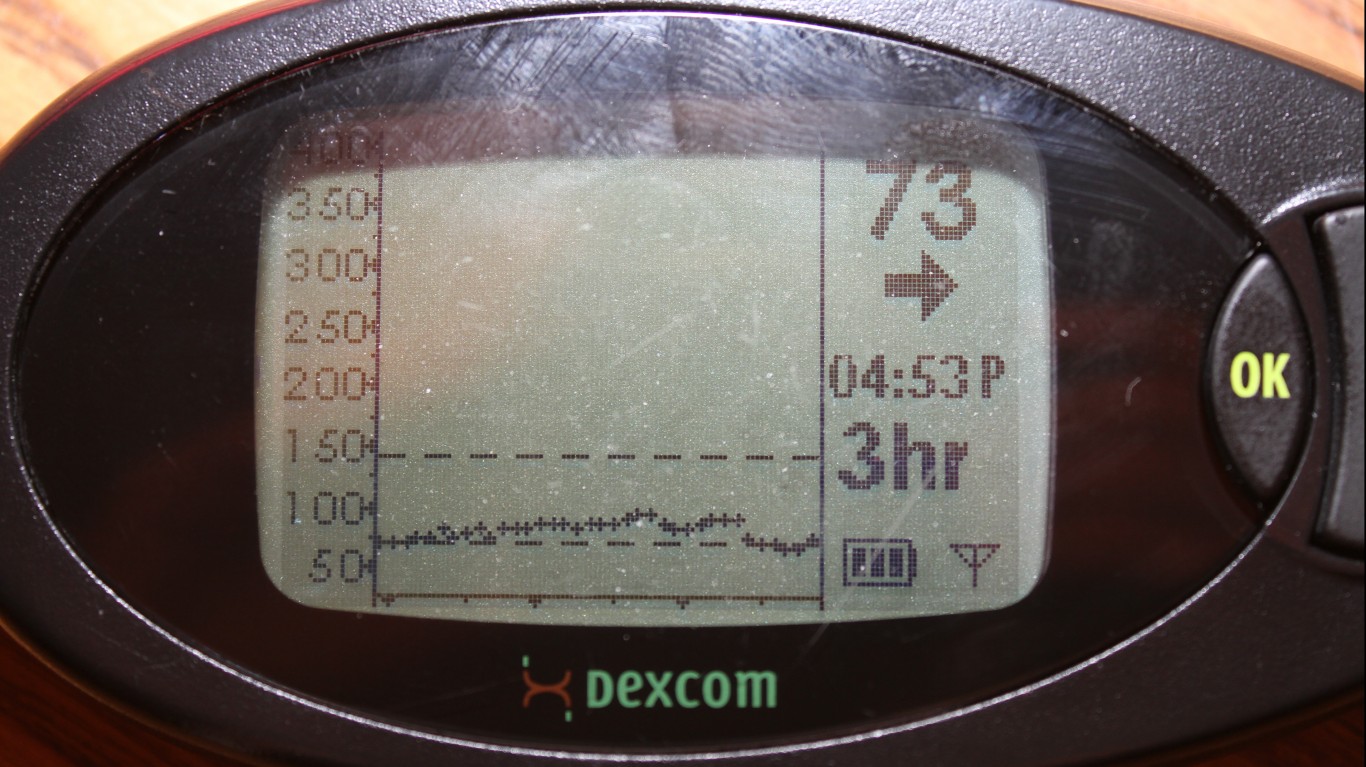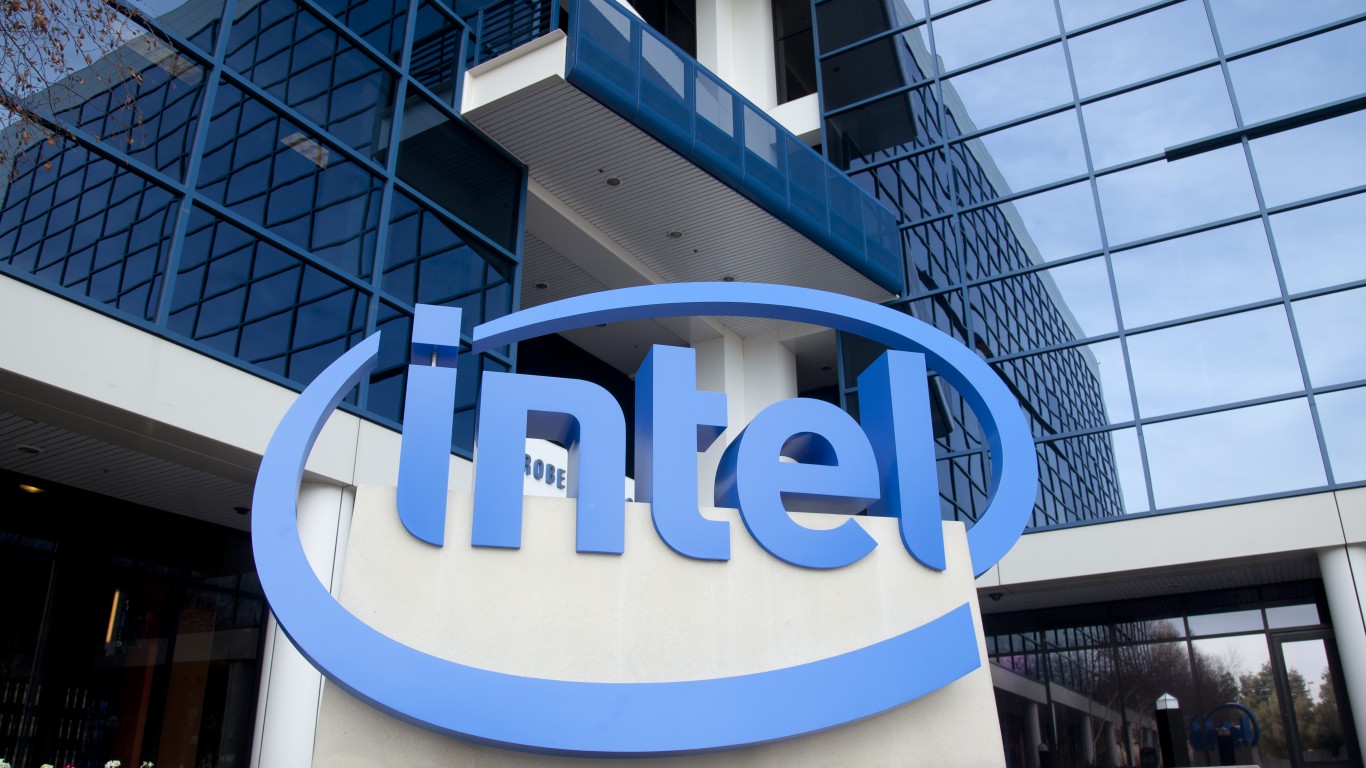
Investors have been on a roller coaster ride for the past four years and the stock market may be heading into another big loop higher.
Federal Reserve chairman Jay Powell gave his strongest indication that interest rate cuts will be coming, and coming soon. The tech-heavy Nasdaq 100 index rose further, faster than the more broad-based S&P 500 and the staid Dow Jones Industrial Average over the last two years. It also fell harder during last month’s selloff.
Yet where the S&P 500 has regained all the lost ground, the Nasdaq is still off 5%. Three of the worst-performing stocks are down an average 35% in the last 30 days. With all bouncing somewhat off their lows, can they continue moving higher in September? Let’s see whether buying these beaten-down stocks now can capitalize on the promise of a rebounding market.
Key Points About This Article:
- The Nasdaq 100 index rode the bull market higher than other indices, but also fell further during the selloff.
- These three Nasdaq 100 stocks suffered the worst but also have deep problems that call into question their ability to rebound in September.
- If you’re looking for some stocks with huge potential, make sure to grab a free copy of our brand-new “The Next NVIDIA” report. It features a software stock we’re confident has 10X potential.
Dexcom (DXCM)

Medical device maker Dexcom (NASDAQ:DXCM) tumbled 31% in the past month after reporting second-quarter earnings that saw management lower guidance for the third quarter and full year.
Dexcom makes continuous glucose monitoring (CGM) machines primarily for Type 1 diabetes patients. Although the market leader, Abbott Labs (NYSE:ABT) is making a big push for growth and is starting to gain ground.
Both Dexcom and Abbott were recently approved to sell over-the-counter CGMs that are targeted towards Type 2 diabetes, or people not required to take insulin. It is a much larger universe of potential patients, but Dexcom’s business is weakening.
CEO Kevin Sayer told investors, “We have higher expectations for our business than what we experienced this quarter.”
Some 70,000 fewer new patients globally started using devices in the second quarter, or 25% fewer than management’s forecast. Now Dexcom forecasts full-year sales of $4 billion to $4.05 billion instead of the $4.2 billion to $4.35 billion it previously guided towards.
JPMorgan analyst Robbie Marcus told management on the earnings conference call, “I’m just kind of in shock at how big of a disruption and a downward guide it is.”
Although DXCM stock is up 19% from its July lows, there is no reason to expect a turnaround in its business for the foreseeable future.
Moderna (MRNA)

Biotech Moderna (NASDAQ:MRNA) is another Nasdaq 100 stock sunk by second-quarter results and a diminished outlook for the rest of the year. Shares are down 32% for the month as sales of its Spikevax Covid therapeutic evaporate. It reported only $351 million in sales over the first six months of the year, an 82% decline from last year.
The biotech is now the respiratory syncytial virus (RSV) market but its lags well behind GSK (NYSE:GSK) and Pfizer (NYSE:PFE), which already have RSV vaccines on the market. GSK generated 62 million pounds, or about $79.5 million, in second-quarter sales, but that was down sharply from the first quarter and badly missed expectations of $105.5 million. Revenue for Pfizer’s Abrysvo also tumbled to $56 million.
Worse, the U.S. Centers for Disease Control updated its guidelines for RSV vaccinations, raising the age to 75 and older from the 60 and older threshold set last year. Competition for this market will be intense. With Covid shot demand fading, Moderna doesn’t look ready for a rebound.
Intel (INTC)

Chipmaker Intel (NASDAQ:INTC) was the worst performing Nasdaq 100 stock for the past month. Shares plummeted 34% for the period and are down 59% in 2024. That pummeling has caused Intel’s stock to drop below its book value, which has investors wondering whether it is a steal at these prices. It just might be.
Because Intel is so critical to the U.S. semiconductor market and is doing critical investments in leading-edge chip technology, it will not be allowed to fail by the government. Under the CHIPS Act, money is being funneled to chipmakers for investing in domestic capacity, including to Intel. Earlier this year, Intel received $8.5 billion in direct funding from the government.
Make no mistake, though, Intel has fallen far behind the competition and is slashing jobs to cut costs. It will be firing about 15% of its global workforce. The chipmaker also dashed hopes that AI-enhanced PCs will be a growth catalyst this year.
I wouldn’t put my money on a September turnaround. But at such a deeply discounted valuation where the market is essentially writing off the value of its assets, Intel stock could be a good long-term bet for recovery.
Thank you for reading! Have some feedback for us?
Contact the 24/7 Wall St. editorial team.





